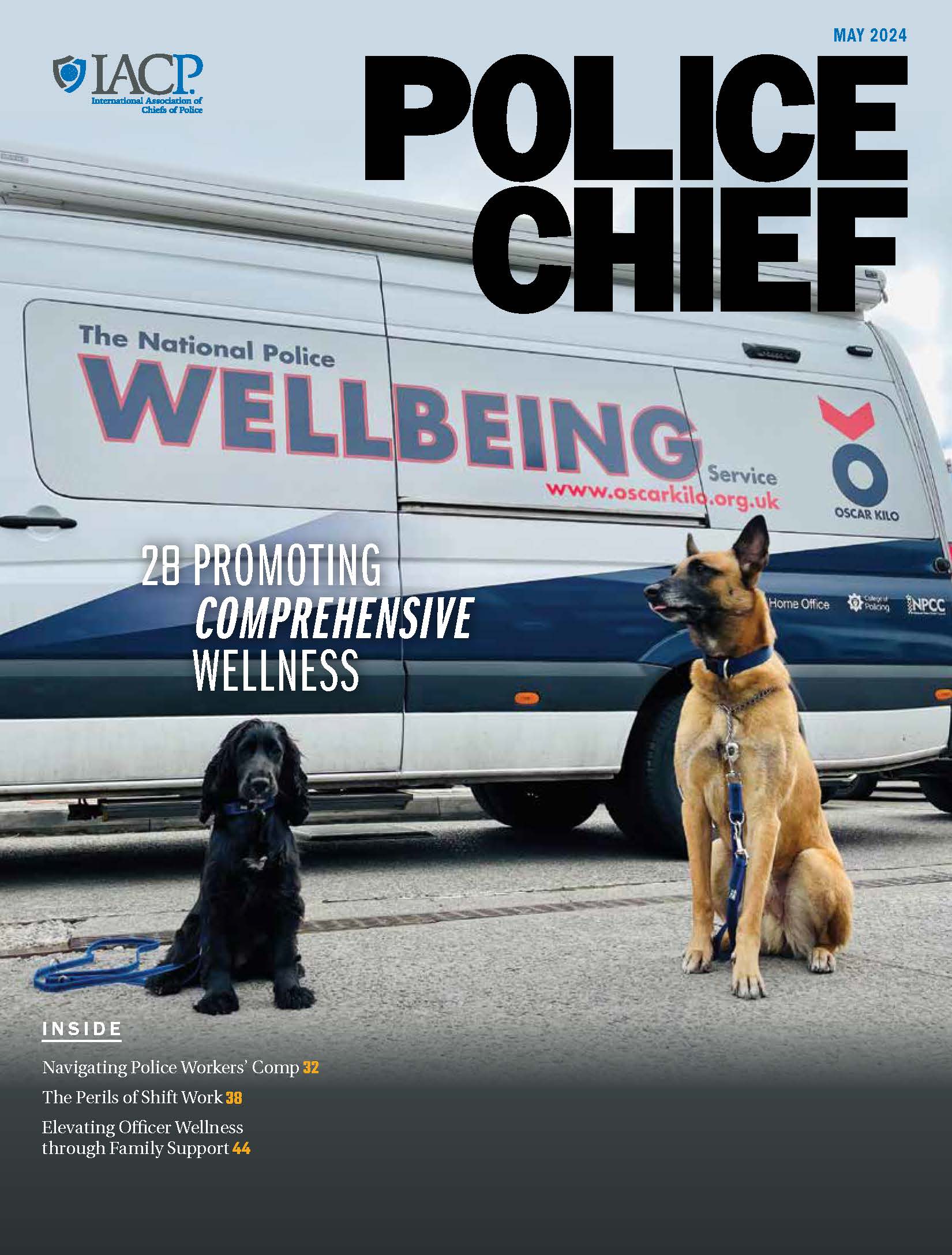Despite improvements in tactics and equipment, as well a number of safety initiatives and programs, 2011 was a deadly year for law enforcement officers. According to the National Law Enforcement Memorial Fund, for the first time in 14 years, officers killed by firearms outnumbered deaths from traffic-related causes.1 In addition, other law enforcement lives continue to be claimed by motor vehicle collisions, heart disease, and falls. These profoundly tragic deaths occur not only out on the streets, but also in the relatively secure confines of training. Adequately addressing this problem requires a multifaceted response. Officer safety begins with the individual and is augmented through the support of fellow officers, administration, and the community at large. To provide guidance on medical aspects of officer safety, a group of dedicated professionals have emerged: law enforcement physicians. In its relative infancy, law enforcement medical support is an umbrella concept that encompasses preventive medicine (wellness programs and occupational medicine), self-aid/buddy-aid, first responder/first provider, and Tactical Emergency Medical Support (TEMS). Its purpose is to enhance officer and public safety, reduce departmental liability, and prevent or mitigate officer disability. The IACP Police Physicians Section believes that law enforcement medicine is a unique entity with its own set of guiding principles. It has the potential to be life saving and career preserving when LEOs are faced with the darkest hours of their career: a devastating injury or illness.


